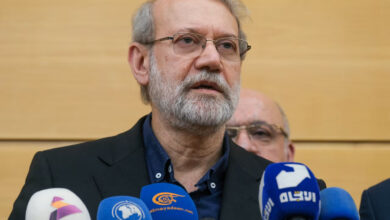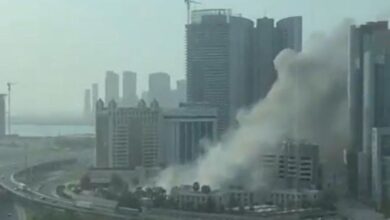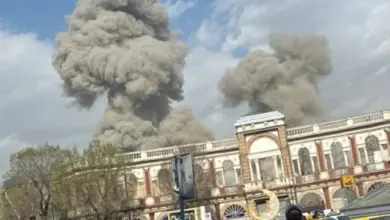
RAWABI, West Bank (Reuters) – A top Palestinian business executive said on Monday that new Gulf Arab ties with Israel, condemned by Palestinian leaders, could also be an opportunity to apply fresh pressure to halt Jewish settlement in occupied land.
Under the US-brokered diplomatic push, Israel agreed to suspend plans to annex parts of the occupied West Bank.
Palestinian leaders have called Arab agreements to normalise relations with Israel a blow to their quest for an independent state in the West Bank, Gaza and East Jerusalem, territory Israel captured in a 1967 war.
Masri, 59, said the Palestinian message to the UAE and Bahrain should now be: “Hey, why don’t you pressure Israel, who you’re talking to, to stop the settlements?”.
“I hope they can turn these agreements to pressure Israel into concessions for the Palestinians,” he said.
But Masri, chairman of Massar International, told Reuters he was uncertain that halting settlement expansion in the West Bank would be a priority for Gulf Arab states that agreed to official ties with Israel in part over shared concern over Iran.
Most countries view the settlements that Israel has built on occupied land as illegal. Israel disputes this.
Israel has hailed ties with the UAE and Bahrain as a major business opportunity, and Masri said Palestinian enterprises would not be inherently opposed to accepting investment from the two Gulf nations.
Massar International oversees and manages more than 30 subsidiaries and investments in finance, tech, agriculture, media and real estate, including Rawabi, the first planned Palestinian city in the West Bank.
Masri said that now that emotions over the deals have calmed down – “we burned the flags” – Palestinians have “no choice but to be optimistic”.
“Our enemies want us to give up hope. If we give up hope, they have exactly what they want, and there will be no Palestine, and no Palestinian people,” he said.
Reporting by Rami Ayyub; Editing by Jeffrey Heller and Peter Graff
Photo: A general view shows Palestinian flags and a golden sculpture on a hilltop in Rawabi in the Israeli-occupied West Bank




